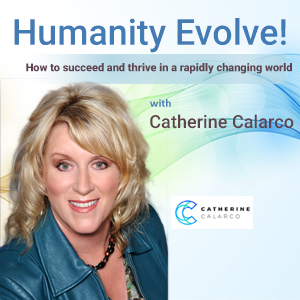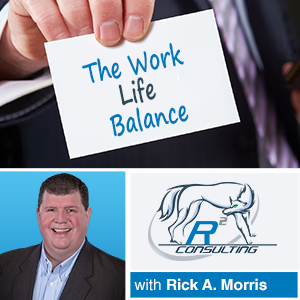How to Help Midlevel Leaders Grow and Develop
To receive the weekly blogs via email, please sign-up here. The following blog is provided by Liz...
Read Moreby VoiceAmerica | May 26, 2020 | Business | 0 |
To receive the weekly blogs via email, please sign-up here. The following blog is provided by Liz...
Read Moreby VoiceAmerica | Feb 21, 2017 | Women | 0 |
Educate + Empower + Restore. It is a great honor to be joined by Fabien Cousteau to discuss the...
Read Moreby VoiceAmerica | Dec 27, 2016 | Business | 0 |
Yesterday’s show was about Building the Home of the Future. It is actually just the first of...
Read Moreby VoiceAmerica | Jan 7, 2016 | Business | 0 |
Rick A. Morris will be interviewing best-selling author John Stenbeck. Â Given the immense...
Read Moreby VoiceAmerica | Nov 11, 2014 | Business | 0 |
What would your businessâs âgreatest hitsâ be if it went under tomorrow? Or what games are...
Read More





